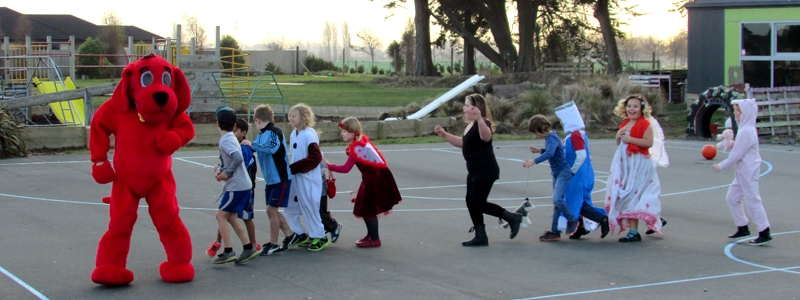Ao Tawhiti Unlimited Discovery
New Zealand's Government
Country: New Zealand
Visit Website
Innovation: Disruptive
Where it happens: Home | Community | School | Online
Trends: 21st Century Skills | Personalized Learning | Hands-on Learning | Community Based Learning
A publicly funded elementary and high school that is managed with the participation of families and the community. Students benefit from having a personalized curriculum. Individual meetings promote the consideration of priorities and goals. Students use certain venues within the city, such as libraries and parks, in order to learn on their own.
Country: New Zealand
Visit Website
Innovation: Disruptive
Where it happens: Home | Community | School | Online
Trends: 21st Century Skills | Personalized Learning | Hands-on Learning | Community Based Learning
A publicly funded elementary and high school that is managed with the participation of families and the community. Students benefit from having a personalized curriculum. Individual meetings promote the consideration of priorities and goals. Students use certain venues within the city, such as libraries and parks, in order to learn on their own.
Country: New Zealand
Visit Website





